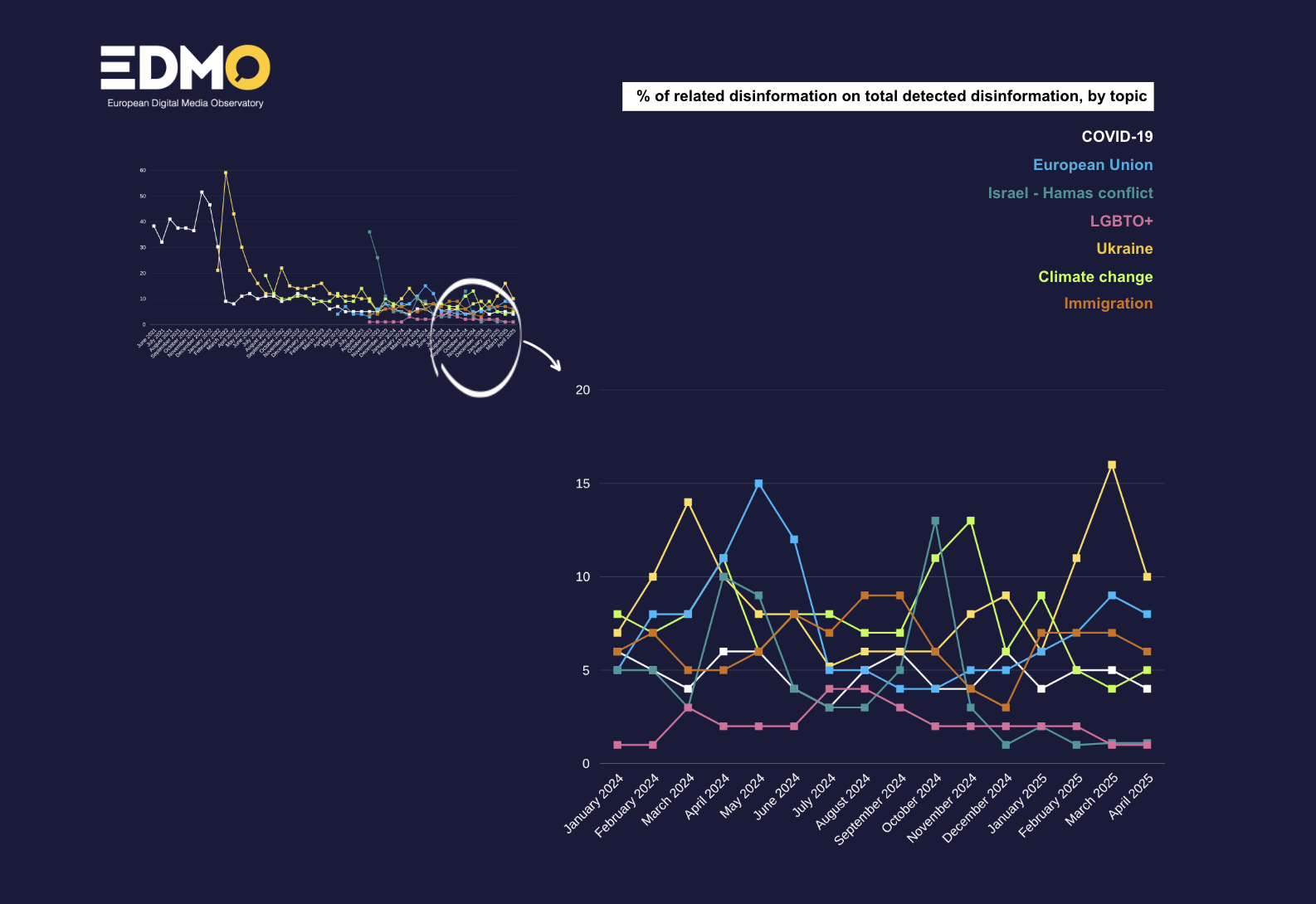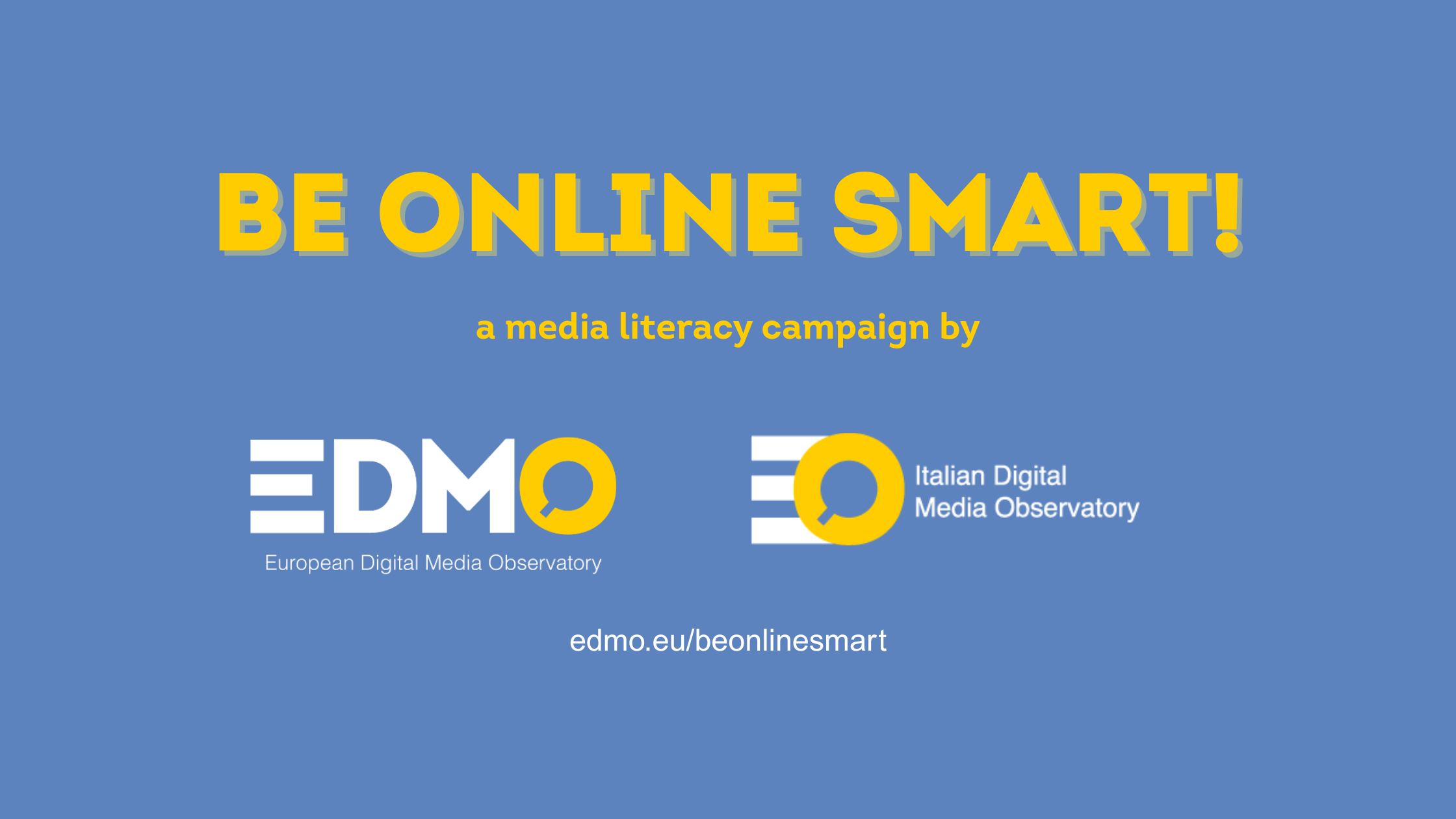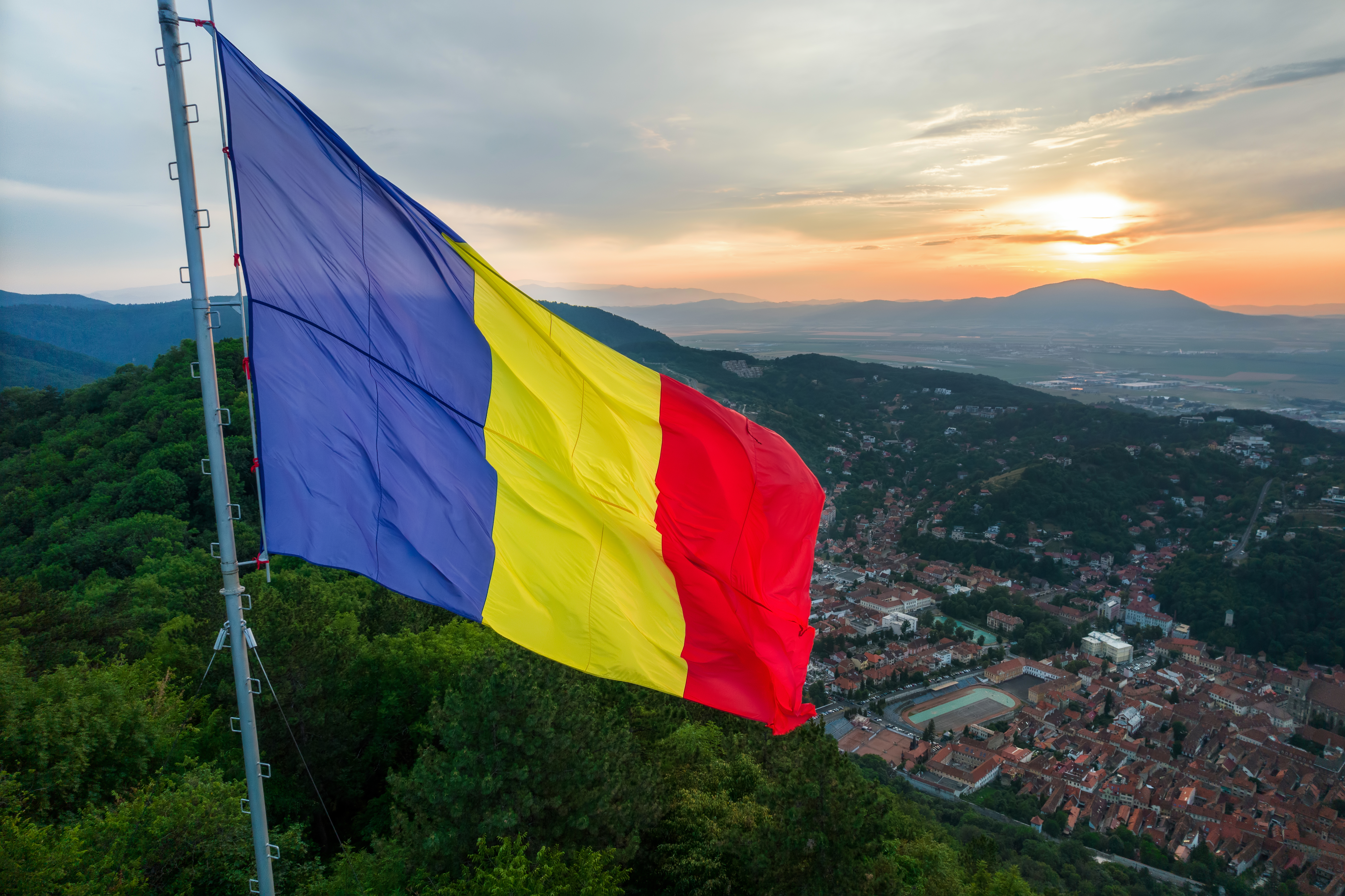Questo articolo è disponibile anche in:
English
DISINFORMATION TRENDS STAY MOSTLY STABLE IN APRIL
The 33 organizations* part of the EDMO fact-checking network that contributed to this brief published a total of 1.551 fact-checking articles in April 2025. Out of these articles, 150 (10%) focused on Ukraine-related disinformation; 117 (8%) on disinformation related to the EU; 98 (6%) on disinformation related to immigration; 83 (5%) on climate change-related disinformation; 63 (4%) on COVID-19-related disinformation; 14 (1%) on disinformation about LGBTQ+ and gender issues, and 13 (1%) on the Middle Eastern regional conflict.
After rising in March and April, false information about the war in Ukraine dropped by 6 percentage points, going back to the values it had at the end of 2024. This might be due to the deadlock in the negotiations as well as to the relatively lower media coverage of news on the field. EU-related misinformation stabilizes after rising for the past few months, while false stories on the topic of climate change slightly increase, probably as a consequence of the blackout in Spain.
The shares of false information about the other constantly monitored topics remained almost stable or showed only minor fluctuations.

ELECTIONS IN PORTUGAL, POLAND AND ROMANIA
Disinformation circulating in Romania in April, before the first round of presidential elections set for May 4th, focused on negatively portraying both Ukraine – which presumably discriminates the Romanian minority in its schools – and Ukrainian refugees, who can allegedly obtain citizenship after just three years and then press territorial claims. Moreover, local fact-checking organizations debunked false stories about Christians being persecuted, and Russia being the only State that cares; about Christian Easter traditions being under attack (this xenophobic narrative circulated extensively in Germany as well); and about the EU deciding on total military mobilization, in preparation for a war against Russia.
Also in Poland disinformation focused on Ukraine, before the first round of presidential elections set for May 18th. False stories about Kiev accusing Poland of making fake videos of forced mobilizations in Ukraine, or about thousands of Polish mercenaries dying in the Kursk region (thus bringing World War III between Nato and Russia closer) have been debunked. Other false stories focused on abortion and migrants.
In Portugal, where parliamentary elections are set for May 18th, disinformation immediately started exploiting the blackout incident, which occurred on April 28th. Many conspiracy theories have been detected, as well as disinformation consistent with well-known Russian disinformation narratives. For example it was falsely claimed that Western media and EU Commission president Von der Leyen wrongly accused Russia of being responsible for the blackout. Aside from the blackout, Ukrainians have been the target of a false story that accuses them of scheming to obtain Portuguese citizenship, and the EU is accused by a viral false story (detected also in Greece, Poland, Slovenia, Bulgaria, and France) of planning the replacement of cash money with the “digital euro” within months.



